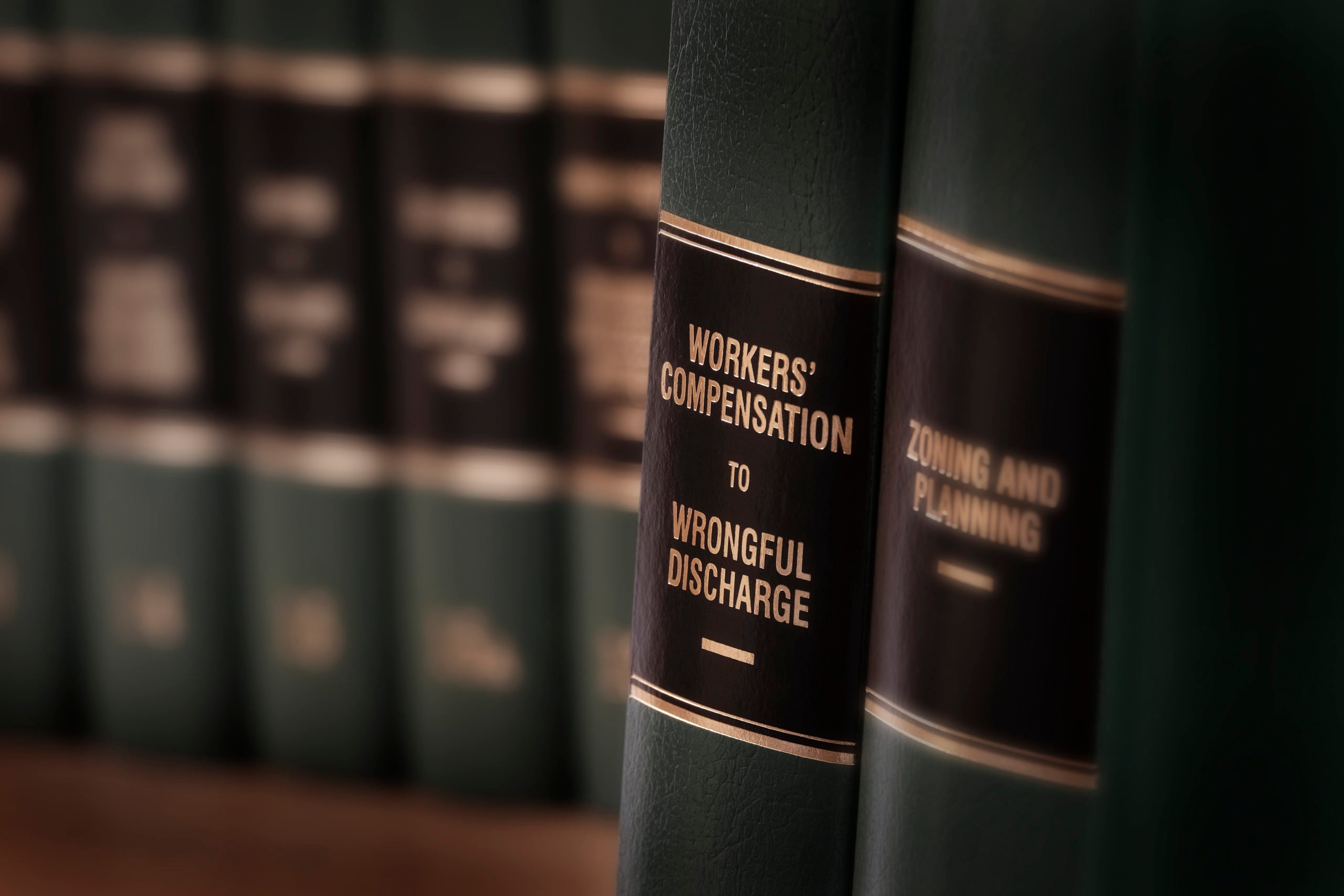It seems like a cut-and-dry claim. You got hurt at work and you want workers’ compensation insurance to cover your medical bills and pay you at least some of the wages lost because of missed time at work.
However, your employer wants to fight your workers’ comp claim.
Reporting a workplace injury to initiate a workers’ compensation claim can be a frustrating process. Many employees do not understand their rights and some employers retaliate against employees that file claims seeking to recover the costs associated with a work-related injury. There is also the misguided perception that trying to tap into the workers’ compensation insurance system is taking advantage of the system and/or the employer.
Nothing is further from the truth. California law makes it relatively easy to file a claim for insurance that pays for workplace injuries.
California’s No-Fault Workers’ Comp System
California operates a no-fault workers’ comp system, which means employees cannot sue their employers for negligence in causing one or more work-related injuries. In return, employers of all sizes must purchase insurance to pay for the costs connected to work-related injuries, without employees having to prove liability for causing the incident.

The no-fault model means employers should not try to deny claims, but unfortunately, many employers try to fight workers’ compensation claims for one or more reasons.
Why Your Employer Might Fight a Workers’ Compensation Claim
Although there are many reasons why your employer might contest a claim, the most common reason comes down to one five-letter word: M-O-N-E-Y
Cost of Monthly Premiums Increase
Think about your own insurance bills. If you experienced an auto accident, your insurance company might increase your monthly premium the next time the annual review comes around. Health insurance works the same way: The more you use your policy, the higher your monthly premiums.
Unless your employer follows the teachings of Mother Teresa, your employer is in business for one reason. Yes, that reason is to make money.
The more workers’ comp claims filed by employees, the higher premiums your employer can expect to pay. Just a few expensive claims that cover the costs associated with major work-related injuries can boost monthly premiums as well.
The bottom line is your employer might be only concerned about the bottom line. Hence, your employer might look for a way to deny a valid workers’ compensation claim.
Employer Playing Doctor
Some employers like to play doctor. That is, they do not believe some injuries are serious or even legitimate. For example, you might experience intense pain in one wrist as one of the symptoms of carpal tunnel syndrome. However, your employer believes you are overreacting and tells you to “Take a couple of aspirin.” Injuries that are not easy to see can lead your employer to have what is called “employer bias.”
The most effective way to counteract a disputed claim is to present convincing medical evidence, such as the results of diagnostic tests and a description of all treatment services completed by your healthcare provider.
Times When Your Employer Can Contest a Claim
An employer has several valid reasons to contest a workers’ compensation claim. Here are the most common reasons:
- Injury or injuries not serious enough to require medical treatment
- The incident was not work-related
- Lack of medical evidence
- You presented a dishonest account of the incident
- You did not file your claim before the deadline
The last reason is especially powerful because you have one year from the day of the incident that caused your workplace injury to file a workers’ compensation claim. Failing to meet the one-year deadline means your employer is not required to pay for the costs associated with your injury.
How to Appeal a Denial of Benefits
Too much is on the line for you to accept that your employer wants to dispute your claim. If you receive a letter that your employer denied your claim, you should contact your employer’s insurance company. You might be able to convince the insurance company that you have filed a valid workers’ compensation claim.
If everything you do fails to persuade your employer to pay out what you deserve, then the time has come to contact a California employment lawyer who handles workers’ compensation cases. Just notifying your employer about the attorney you hired might be enough to motivate your employer to approve your workers’ compensation claim.





